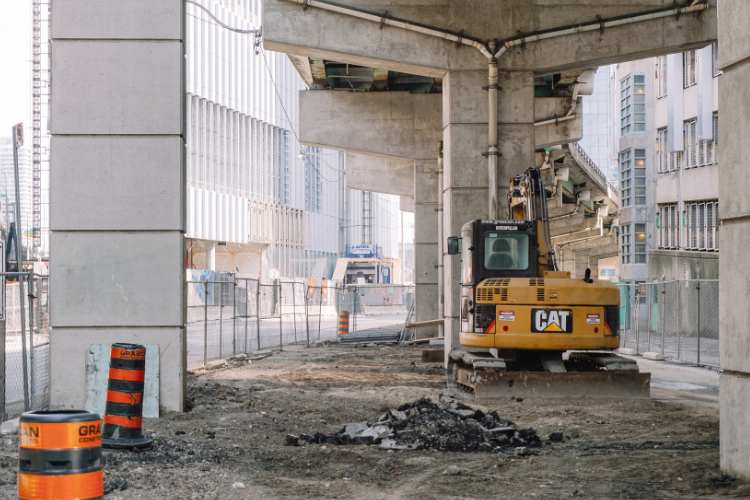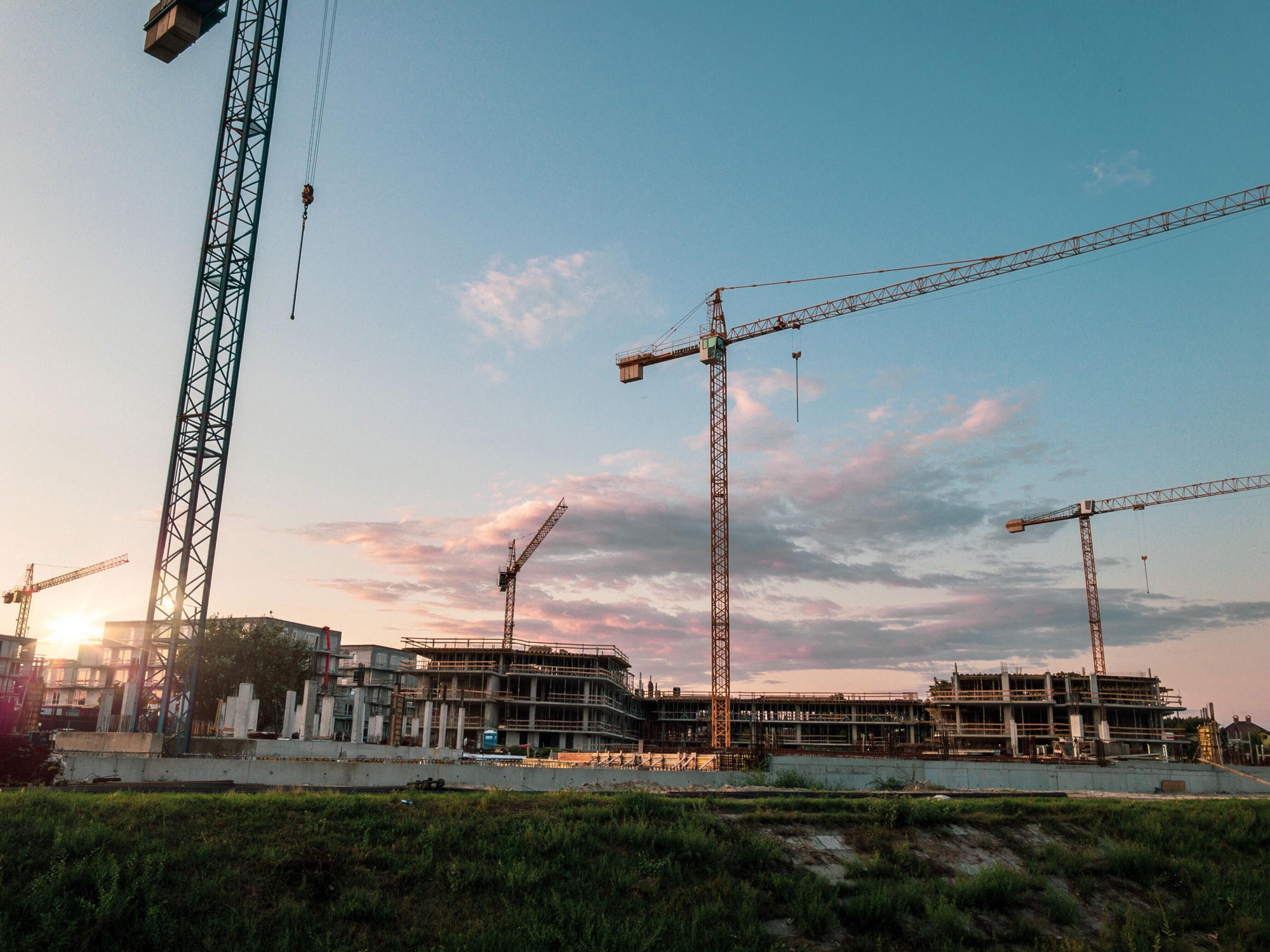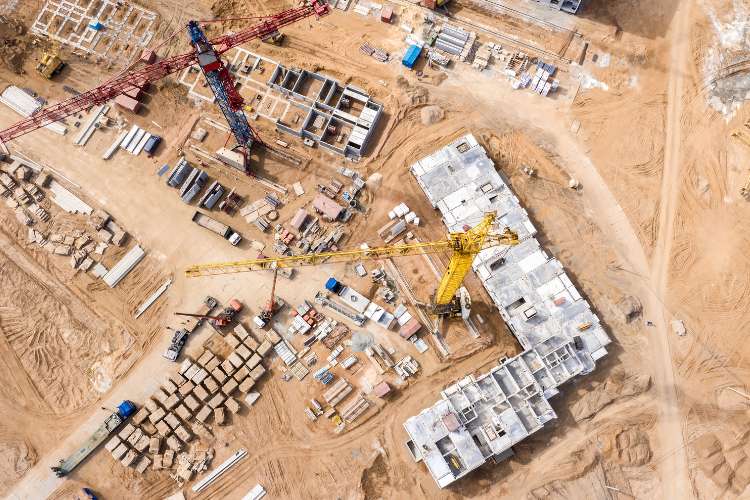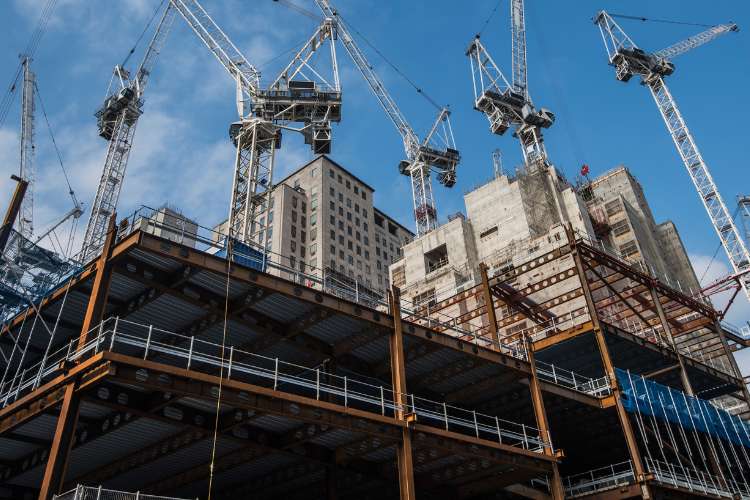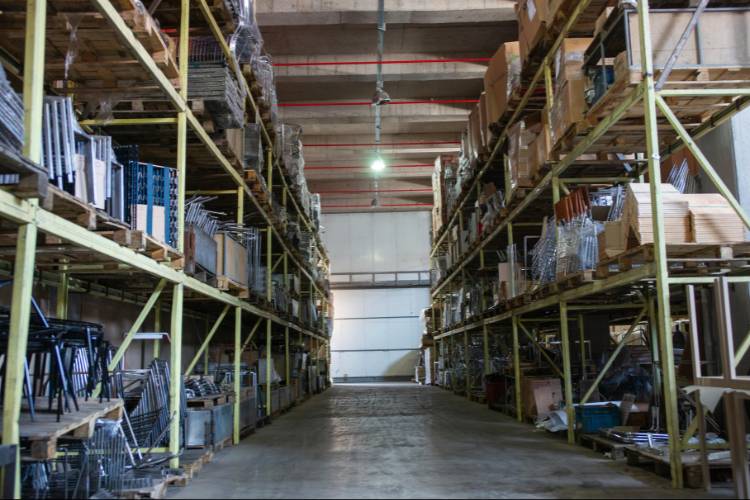The relationship between subcontractors and suppliers can take two primary forms: purely transactional or true strategic partnerships. We’ve unpacked what that difference means, but in this article, we’ll explore the steps that suppliers and subs can take to build stronger, more strategic relationships, which benefit both parties and the industry as a whole.
Table of Contents
Common Challenges in Subcontractor-Supplier Relationships
Every supplier-sub relationship will have its challenges, and some of them are pretty common. These include:
- Cash Flow Issues: Subcontractors often face delays in receiving payments. This makes them slower to pay suppliers, since they have to prioritize their cash for more pressing obligations, like payroll and overhead. Unfortunately, this creates a cycle of financial stress for both parties.
- Supply Chain Inconsistencies & Imperfect Forecasts: Material shortages can complicate project timelines, leading to frustrations for subs and suppliers alike. This unpredictability can affect the ability to deliver projects on schedule. The forecasts that subs and suppliers rely on to anticipate material needs can also be inaccurate, resulting in increased costs for the sub.
- Inability to Offer Sufficient Credit/Term Length: Suppliers usually offer terms out of necessity to the sub, not because they actually want to offer credit. Extending credit is a risky endeavor for suppliers, but subs often can’t cover their material purchases with cash alone, forcing suppliers to offer it. However, it’s not uncommon for suppliers to be unable to extend credit to subs, or for the term length (like 30 days) to be far shorter than what the sub truly needs. This misalignment puts pressure on the relationship.
While this is not an exhaustive list, all of these issues compound to make it more difficult for subs and suppliers to run their businesses. That said, they can be overcome by adopting the strategies outlined below.
The Power of Communication
The heart of any strong relationship is open, honest communication. For subcontractors, this means being upfront with suppliers, even when the news isn’t great. For example, if a payment will be late, it’s far better to communicate that as soon as you know, rather than leaving the supplier in the dark or waiting for them to reach out. This transparency and proactivity builds trust and helps both parties plan accordingly.
For their part, suppliers can enhance communication by proactively sharing information about market trends or potential supply chain issues. This foresight can help subcontractors better plan their projects and avoid costly delays.
Sharing Forecasts and Collaborating on Projects
When subcontractors are bidding on projects, they forecast the materials that they anticipate they will need to complete the project. For that reason, subs should involve their suppliers well in advance, discussing the project’s requirements and seeking support. This collaboration could lead to preferential pricing, extended payment terms, or guaranteed supply of materials. This doesn’t end at individual projects. Subs should share longer term forecasts with suppliers as well.
By involving suppliers early, subcontractors can be more confident and competitive in their bids. Suppliers benefit from this approach too, as it provides them with valuable insights into upcoming large-scale projects and potential business opportunities.
Understanding Each Other’s Business Models
A key to improving relationships between subs and suppliers is developing a deeper understanding of each other’s business models. Subcontractors who take the time to understand their suppliers’ operations, constraints, and goals may become better, more empathetic customers. This knowledge allows them to make more informed requests and fosters a spirit of partnership. Similarly, suppliers who understand the challenges their subs face may be able to offer more tailored solutions and support. Strong mutual understanding paves the way for more productive conversations and win-win outcomes.
Open Discussions About Finances
Subcontractors shouldn’t hesitate to discuss credit limits or payment terms, asking questions like, “This project is going above my credit limit – is there a way we can work together to make this happen?” A mutual desire for better payment terms can also lead subs and suppliers to introduce financial tools like Billd into their transactions, allowing the sub to pay the supplier up front and in full, in exchange for a potential discount. They’ll also benefit from the longer payment terms Billd offers, which go up to 120 days.
Suppliers may be more flexible in their financial arrangements when they have a clear picture of a subcontractor’s situation and needs. This flexibility could mean more wiggle room with credit limits and the aforementioned discounts. After all, terms aren’t the only place that suppliers can be flexible, especially since offering terms can be an operational bane for suppliers that forces them to act like banks, vet customers’ financial history, and have uncomfortable conversations when they must deny credit.
Leveraging Technology
Neither group should skimp on using technology, like highly capable construction management software, to support their efforts for stronger relationships. Depending on what kind of software they have, subs may be able to leverage predictive analytics to better anticipate their material needs. But it doesn’t end at software; subs can even see if their suppliers would be interested in sharing a common messaging software like Slack to foster more seamless communication.
The Future of Subcontractor-Supplier Relationships
As the construction industry continues to face challenges, like the labor shortage and the potential for more supply chain disruptions, the importance of strong subcontractor-supplier relationships will grow. By focusing on open communication, early collaboration, mutual understanding, financial transparency, and technological integration, both subcontractors and suppliers can build strategic partnerships that allow them to weather challenges and drive success.
In the end, these improved relationships benefit not just the parties involved, but the entire construction ecosystem. Projects run more smoothly, deadlines are met more consistently, and the industry as a whole becomes more efficient and resilient. To learn more about improving relationships between subcontractors and suppliers, check out our Meetup, which you can watch on demand here.


